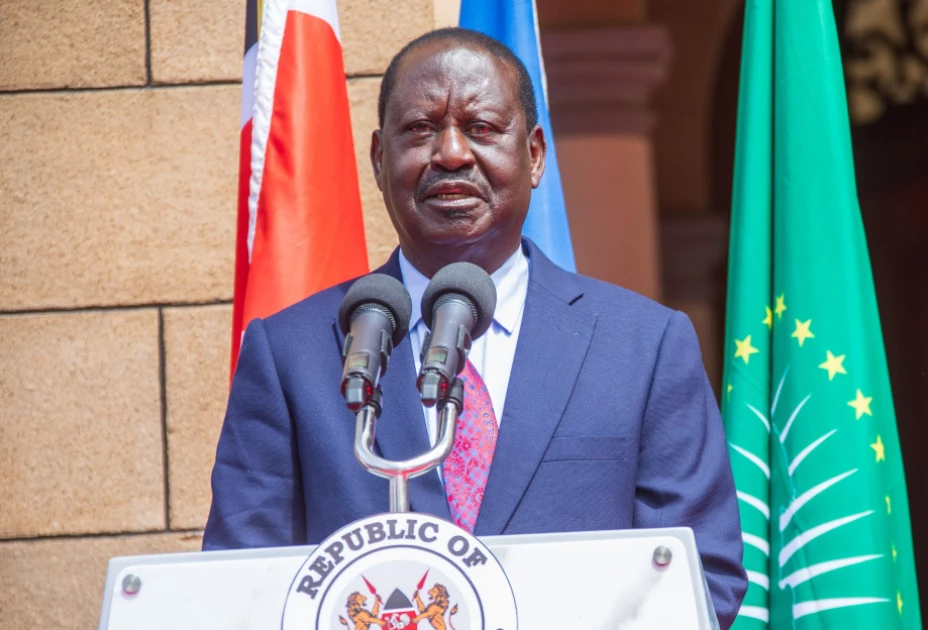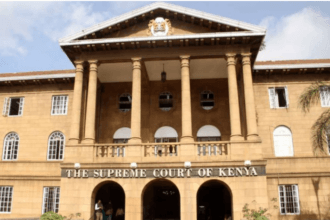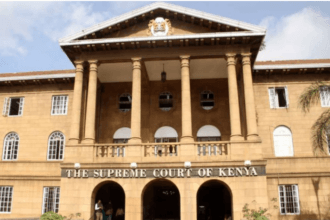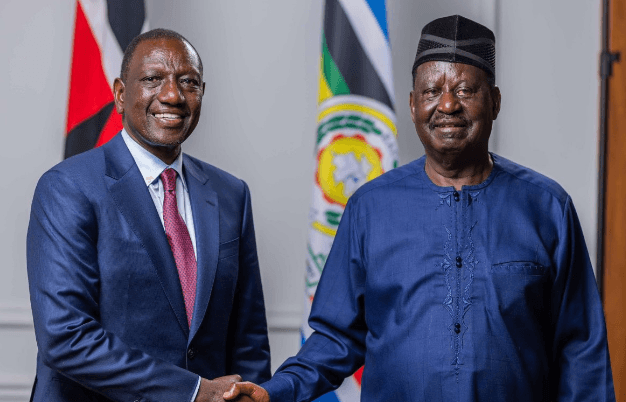
Azimio leader Raila Odinga recently criticized Members of Parliament for their attempts to gain authority over how revenue is allocated to counties through a contentious bill introduced in the National Assembly.
In a press briefing, Raila noted that there is currently a standoff between the National Assembly and the Senate revolving around the Division of Revenue Amendment Bill, 2024. The bill, which is being pushed forward by Kiharu MP Ndindi Nyoro, aims to establish a more equitable framework for distributing revenue between the national and county governments. Raila expressed concern that MPs are seeking to reduce the funds currently directed to counties, arguing that such actions conflict with constitutional provisions.
According to the bill, the MPs are proposing an allocation of Ksh.380 billion for counties; however, Raila strongly disagrees, explaining that this amount diverges from the Ksh.400 billion already outlined in the existing Appropriations Act.Presently, the law mandates that at least 15 percent (Ksh.400 billion) of national revenue must be allocated to counties. Initially, Senators had suggested a revenue allocation of Ksh.416 billion, but following negotiations, this figure was adjusted to Ksh.400 billion.Raila commented,
At the heart of this conflict is a power grab, an attempt by MPs to undermine our Constitution, which would constitute a grave betrayal of the people and a disruption of our governance structure.”
The opposition leader further stated that if this bill were to pass, MPs would overstep their designated duties, encroaching on responsibilities that should rightfully belong to governors.He added,
MPs are also scheming to insert themselves into executive projects such as the Road Maintenance Levy Fund, the National Government Constituencies Development Fund (NGCDF), and the National Government Affirmative Action Fund. The law clearly defines three primary roles for MPs: representation, legislation, and oversight.The execution or implementation of programs has never been—and should not become—the function of Parliament, as doing so would lead to a significant accountability crisis in our governance framework that could ultimately harm us all.”
Raila warned that granting MPs such powers could threaten the very essence of devolution and sow discord between the two chambers of Parliament.
This approach is not only illegal and unconstitutional but sets a perilous precedent. If permitted to continue, it may lead to a gradual but inevitable decline and eventual destruction of county governments,
As the debate over this bill unfolds, the implications of these developments raise important questions about governance, accountability, and the future of county operations in Kenya.





